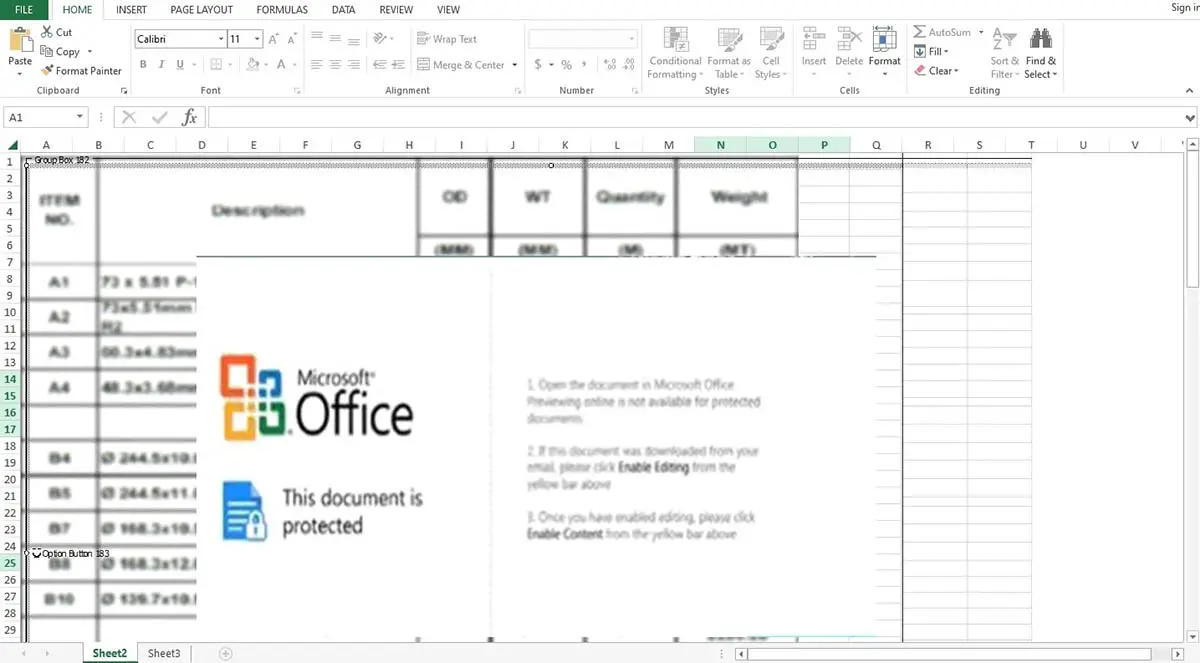Cybersecurity researchers at Cleafy discovered a new variant of the TrickMo Android banking trojan that evades analysis and displays fake login screens to steal banking credentials.
In a newly uncovered advanced malware campaign, threat actors are using a complex, fileless approach to deliver the Remcos Remote Access Trojan (RAT), leveraging a benign-looking Excel document as the attack vector.
A recent congressional investigation revealed that Chinese-made port cranes in the United States contained hidden modems that could provide unauthorized access to the machines.
Discovering the threat in May 2024, Group-IB highlighted that the malware is spread through Telegram channels disguised as legitimate banking and government service applications.
Federal civilian agencies have until the end of the month to address these issues. The vulnerabilities are part of Microsoft’s monthly security release, with CVE-2024-43491 considered the most concerning due to its severity score.
Threat actors are actively engaging in domain fraud, brand impersonation, and Ponzi schemes targeting the retail sector, which plays a significant role in the global economy.
The Vo1d malware campaign targets specific Android firmware versions like Android 7.1.2 and Android 10.1. The malware modifies system files to launch itself on boot and persist on the device.
Trend Micro researchers uncovered remote code execution attacks targeting Progress Software’s WhatsUp Gold using the vulnerabilities tracked as CVE-2024-6670 and CVE-2024-6671.
Users of Citrix Workspace App are advised to update due to two privilege escalation flaws. Cloud Software Group disclosed vulnerabilities (CVE-2024-7889 & CVE-2024-7890) in the Windows app, allowing attackers to gain high-level access.
This flaw, tracked as CVE-2024-35783 and with a CVSS score of 9.4, affects SIMATIC Process Historian, PCS 7, and WinCC, allowing attackers to gain elevated privileges and execute arbitrary commands.









